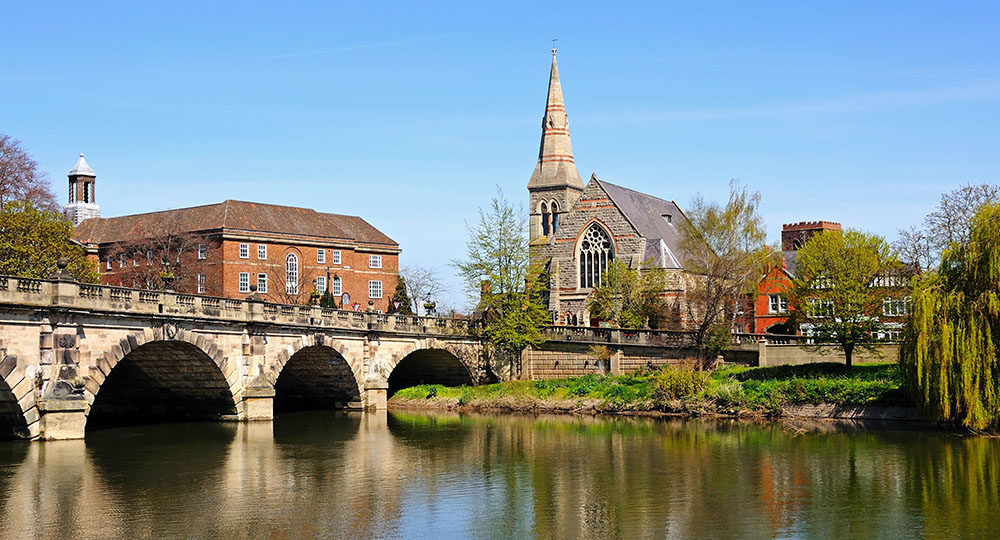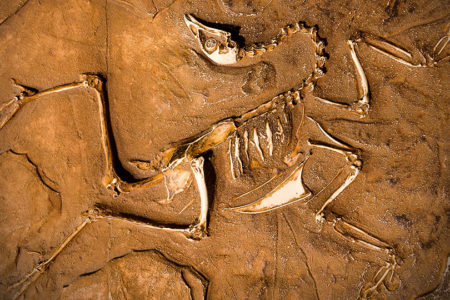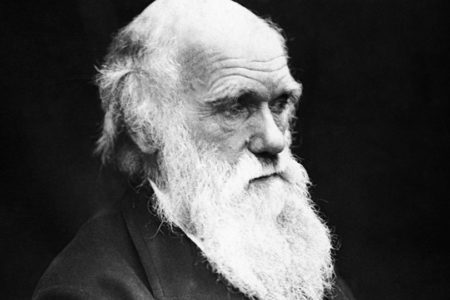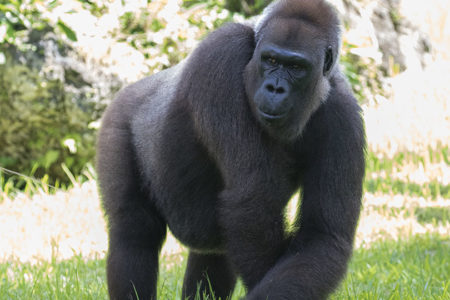Darwin’s Turn From Christianity
Charles Darwin was born February 12, 1809, in Shrewsbury, England. His grandfather, Erasmus Darwin, was an evolutionist/naturalist, poet, and philosopher. His father, Robert, was a successful and wealthy physician. His mother died when he was eight.
As a youngster, Charles took keen interest in nature and science. At his father’s urging, he studied medicine at the University of Edinburgh. But Charles found medicine distasteful and after two years transferred to Christ’s College, Cambridge, for theological training. Darwin wrote, “I did not then in the least doubt the strict and literal truth of every word in the Bible.”1
Upon graduation he served on a British science expedition as a naturalist and gentleman’s companion aboard the HMS Beagle. The five-year excursion (1831–1836) gave Charles a chance to see the world. Captain Robert FitzRoy conducted worship every Sunday, and attendance was mandatory.2
In South America, explains one source, “Darwin found fossils of extinct animals that were similar to modern species. On the Galapagos Islands in the pacific Ocean he noticed many variations among plants and animals of the same general type as those in South America.”3
Darwin was introduced to Charles Lyell’s work, Principles of Geology, at a critical time, when his religious beliefs came into direct conflict with his expanding knowledge of science; he began to doubt the inerrancy of Scripture. “I had gradually come by this time, [i.e. 1836–1839] to see that the Old Testament was no more to be trusted than the sacred books of the Hindoos or the beliefs of any barbarian,”4 he wrote.
In 1838 Darwin began to write up his notes from the Beagle expedition. These later became known as his theory of evolutionary change and the origin of the species by a process of natural selection. A 35-page paper, developed in 1842, became a 230-page paper in 1844. It was then he wrote to his friend Joseph Hooker, arguably the most important British botanist of the 19th century, “I am almost convinced…that species are not (it is like confessing a murder) immutable.” Many say the “murder” was the murder of God.5
Writer Russell Grigg said Darwin’s son, Francis, “recalled him as saying, ‘I never gave up Christianity until I was forty years of age.’ Grigg continued, “And the death of his eldest daughter Annie from fever at this period of his life hammered the final nail in the coffin of his Christianity.”6
In a letter written in 1880 Darwin stated, “I am sorry to have to inform you that I do not believe in the Bible as a divine revelation, & therefore not in Jesus Christ as the Son of God.”7 Charles Darwin had become a self-proclaimed agnostic.
In 1871 his book Descent of Man was published. There he argued that humans are no different from other forms of life and that we, too, evolved through natural selection.
ENDNOTES
- Quoted in John M. Brentnall and Russell M. Grigg, “Was Darwin a Christian? Did he believe in God? Did he recant evolutionism when he died?” provided by Answers in Genesis, copyright 2002 [http://christiananswers.net/q-aig/darwin.html].
- Ibid.
- “Charles Darwin: British Naturalist” [www2.lucidcafe.com/lucidcafe/library/96feb/darwin.html].
- Quoted in Brentnall and Grigg.
- Ian Taylor, quoted in Brentnall and Grigg.
- Russell Grigg, “Darwin’s Mystery Illness,” Creation Magazine 17, no. 4 (September 1995), [www.answersingenesis.org/creation/v17/i4/darwins_illness.asp].
- Quoted in Brentnall and Grigg.







